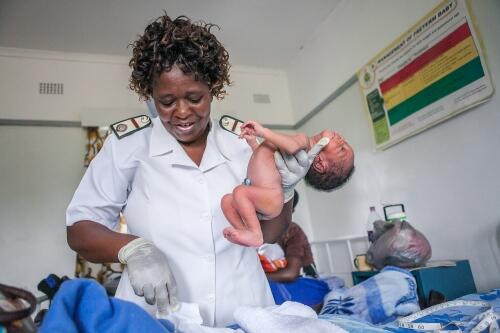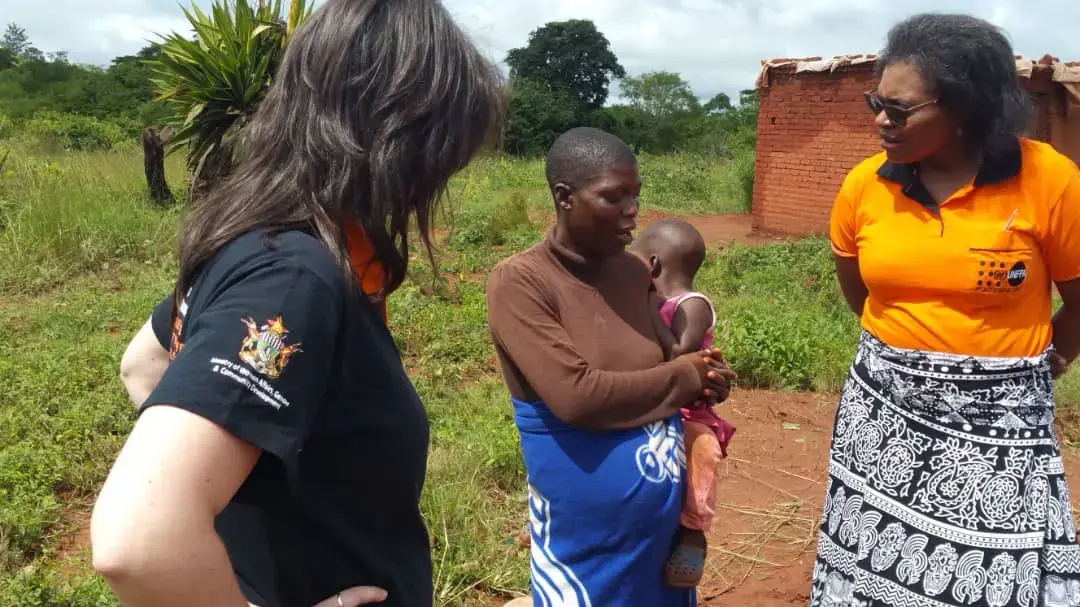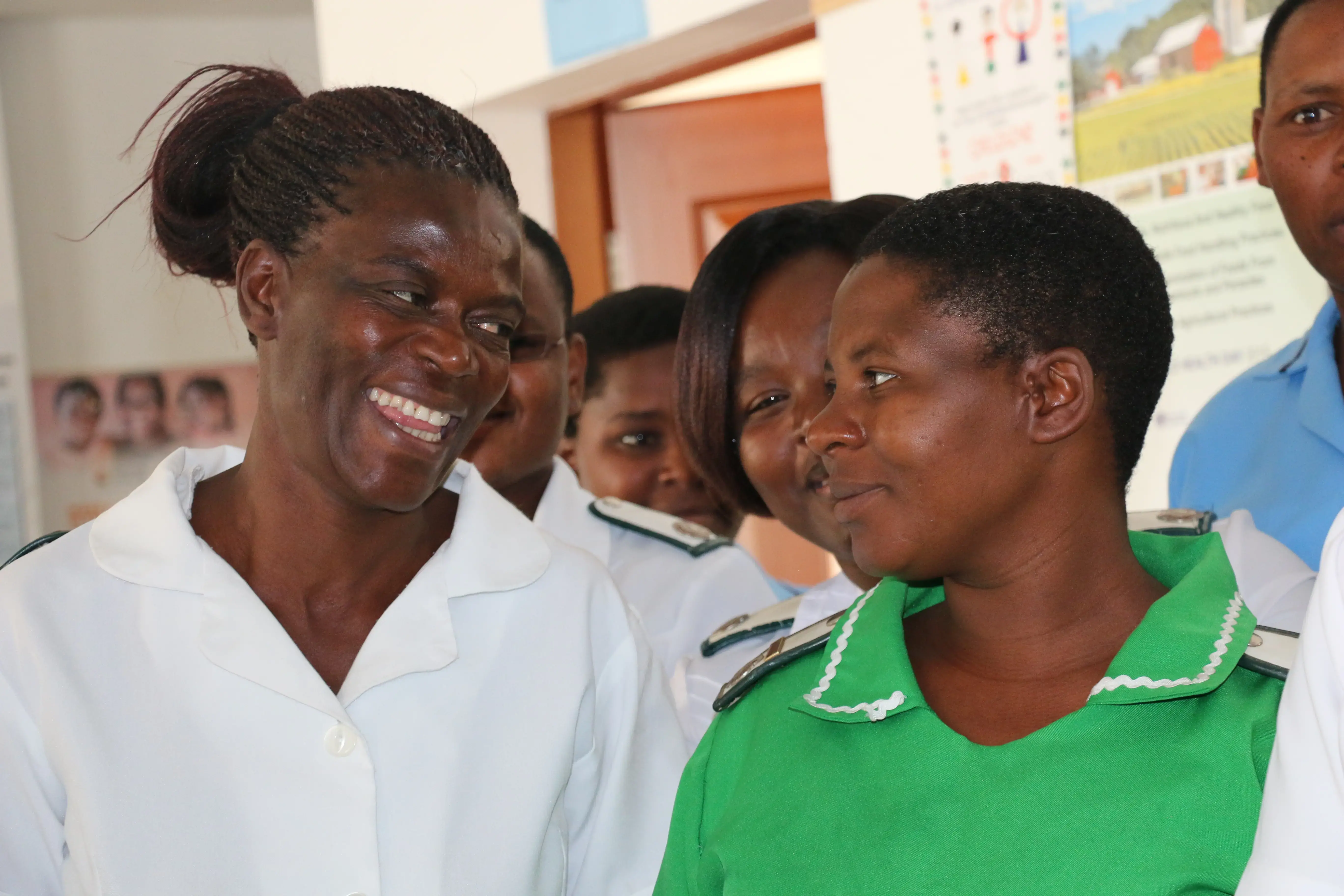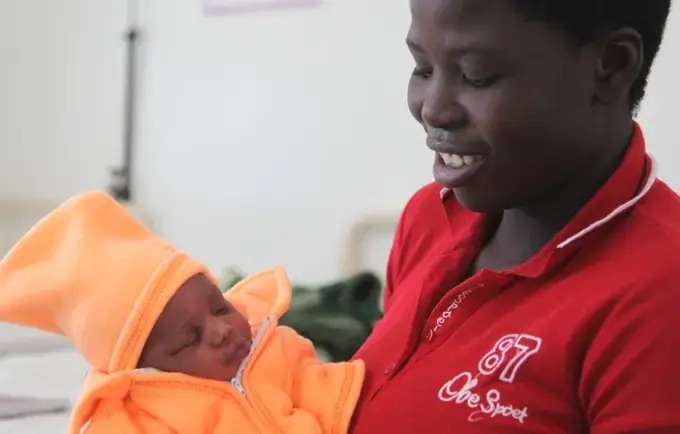On May 5, Zimbabwe joined the rest of the world in commemorating the International Day of the Midwife, a day set aside in recognition and celebration of the work of midwives all across the globe.
Globally, midwives work round the clock to ensure safe delivery in both public and private hospitals.
They are the main caregivers for women and their newborns during pregnancy, labour, childbirth and in post-delivery.
Moreover, their work goes beyond providing care, but also in advocating and defending the rights of women.
The 2020 theme; “Midwives with women: celebrate, demonstrate, mobilise, unite — our time is NOW!”, could not be more relevant as it came in the midst of Covid-19 global pandemic.
While millions of people around the globe are in lockdown, midwives are on their feet in both rural and urban public and private hospitals and clinics to ensure women have a safe delivery, saving both the lives of mother and newborn child.
In a statement, the national executive of the Zimbabwe Confederation of Midwives (ZICOM) said they take cognisance of midwives globally who have fallen in the frontline providing essential maternal and neonatal care services during Covid-19 pandemic.
“Midwives remain committed to never leave a woman in labour unattended,” ZICOM said. “We continue to call on Government and the responsible authorities to provide the much-needed personal protective equipment (PPEs) and clothing.”
According to ZICOM, midwives in Zimbabwe and globally face the challenge of low pay and a lack of recognition.
Most importantly, the year 2020 is special in that it is also the Year of the Midwife.
“Midwives through their work uphold women’s rights to quality and midwife-led care throughout the child birth continuum,” said ZICOM. “Midwives stand with women, to speak against female genital mutilation, child marriage, while promoting sexual reproductive health and rights.”
In Zimbabwe the work of midwives is evident.
In the latest Multiple Indicator Cluster Survey (MICS 2019), 86 percent of women aged 15 to 49 years with a live birth two years preceding the survey were delivered by a skilled personnel (94 percent in urban areas and 82 percent in rural areas).
About nine in 10 women age 15 to 49 years with a live birth in the last two years received antenatal care at least once from a skilled provider.
World Health Organisation (WHO) Regional Director for Africa, Dr Matshidiso Moeti, on Tuesday commended midwives across Africa for commitment to ensuring the safety of mothers and their newborn.
She noted that in the African Region, between 2000 and 2017, maternal and newborn deaths have declined by 40 percent, attributing this to the commitment of midwives working with other health professionals.
However, she decried that one in two (53 percent) of African midwives have reported feeling disrespected by fellow health workers in the course of their work.
“We must, therefore, do more to appreciate the valuable contribution of midwives in health-care teams,” said Dr Moeti.
She revealed that countries are making strides in improving the skill and working environment for midwives citing Ghana which has introduced a graduate diploma in midwifery and revised job descriptions to give midwives more autonomy.
Lesotho is also interested in providing advanced levels of pre-service training.
“In the African region, WHO has worked with countries to strengthen regulatory frameworks, and competency-based and standardised education, training and practice for midwives, including integrated training for nursing and midwifery,” said Dr Moeti.
“Faith-based training institutions in Botswana, Cameroon, Lesotho and Malawi are all using WHO’s midwifery curricula. Experts from Sierra Leone, Zambia and WHO collaborating centres on nursing and midwifery are supporting several countries to review their curricula and regulatory instruments in line with WHO guidance.”
Dr Moeti explained how they are training nurses and midwives in infection prevention and control to limit the transmission of this virus in health facilities in the Covid-19 response.
“So far, over 3 000 frontline health workers, including midwives, have participated in webinars,” she said. “These activities complement trainings led by chief nurses and midwifery officers in countries.
“Countries are also making sure essential health services, like safe deliveries, are not disrupted during the Covid-19 pandemic. In Malawi, for instance, risk allowances for health workers, including midwives, have been increased, and 2 000 more health workers have been recruited including 700 nurse and midwives.”
Governments, academic institutions, civil society organisations, and partners, she said, should invest in midwifery development from education to practice with appropriate regulatory frameworks, support materials and human resources.
This is imperative to improve health outcomes for women and infants.
In a statement, United Nations Population Fund (UNFPA) executive director Dr Natalia Kanem said as the world battles Covid-19, women continue to get pregnant and babies are still being born.
“Childbirth doesn’t stop for pandemics, and neither do midwives,” Dr Kanem.
“They are working tirelessly on the front line in maternity wards, health centres and women’s homes around the world, risking their own lives and well-being to save the lives of women and newborns.”
Dr Kanem expressed worry that in many countries hit hard by the Covid-19 crisis, midwives are dying due to lack of personal protective equipment (PPE) and overall lack of support.
“Midwives in many health facilities are being redeployed to respond to the virus, and this leaves women without access to life-saving, time-critical services,” she said.
“Maternal and newborn health must be prioritised as part of the overall health sector response to the pandemic.”
According to Dr Kanem, midwives are the backbone of maternal health systems — delivering babies and much more.
This crisis, she said, is an opportunity for everyone to do more to support midwives’ efforts to uphold the sexual and reproductive health and rights of all women, everywhere.
“In countries where these rights and choices are questioned or under threat, midwives speak up about preventable maternal deaths and lack of access to family planning,” said Dr Kanem.
“They sound the alarm on gender-based violence and harmful practices like female genital mutilation and child marriage. They drive progress towards gender equality.”
Most important, midwives also stand by women when they are most vulnerable.
“They fight daily to defend a woman’s human right to go through pregnancy and childbirth safely, even as they themselves often face discrimination, sexual harassment and unequal pay,” she said.
“These challenges are now being exacerbated by the fear and uncertainty over Covid-19.”
Traditionally, she said, midwives have played a vital role in responding to pandemics.
With national health systems in many countries totally overwhelmed, midwives are demonstrating their courage and resilience by continuing to support childbearing women in the toughest of circumstances.
“UNFPA is supporting midwives on the front lines of the Covid-19 response worldwide by providing supplies and personal protective equipment; building the capacity of health systems so maternity services don’t get left behind; and ensuring that pregnant and breastfeeding women — including those under quarantine — get the care they need when they need it,” said Dr Kanem.
As Covid 19 keeps millions indoors, it is important to celebrate midwives who are going out to risk their lives as they help women give life.
Originally published by The Herald





